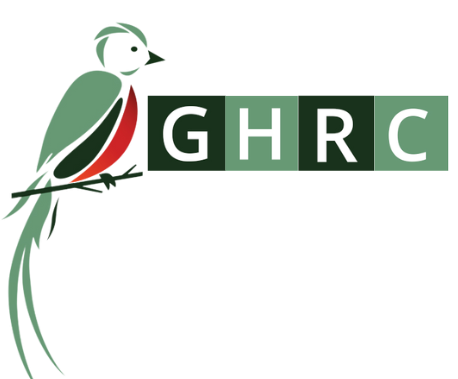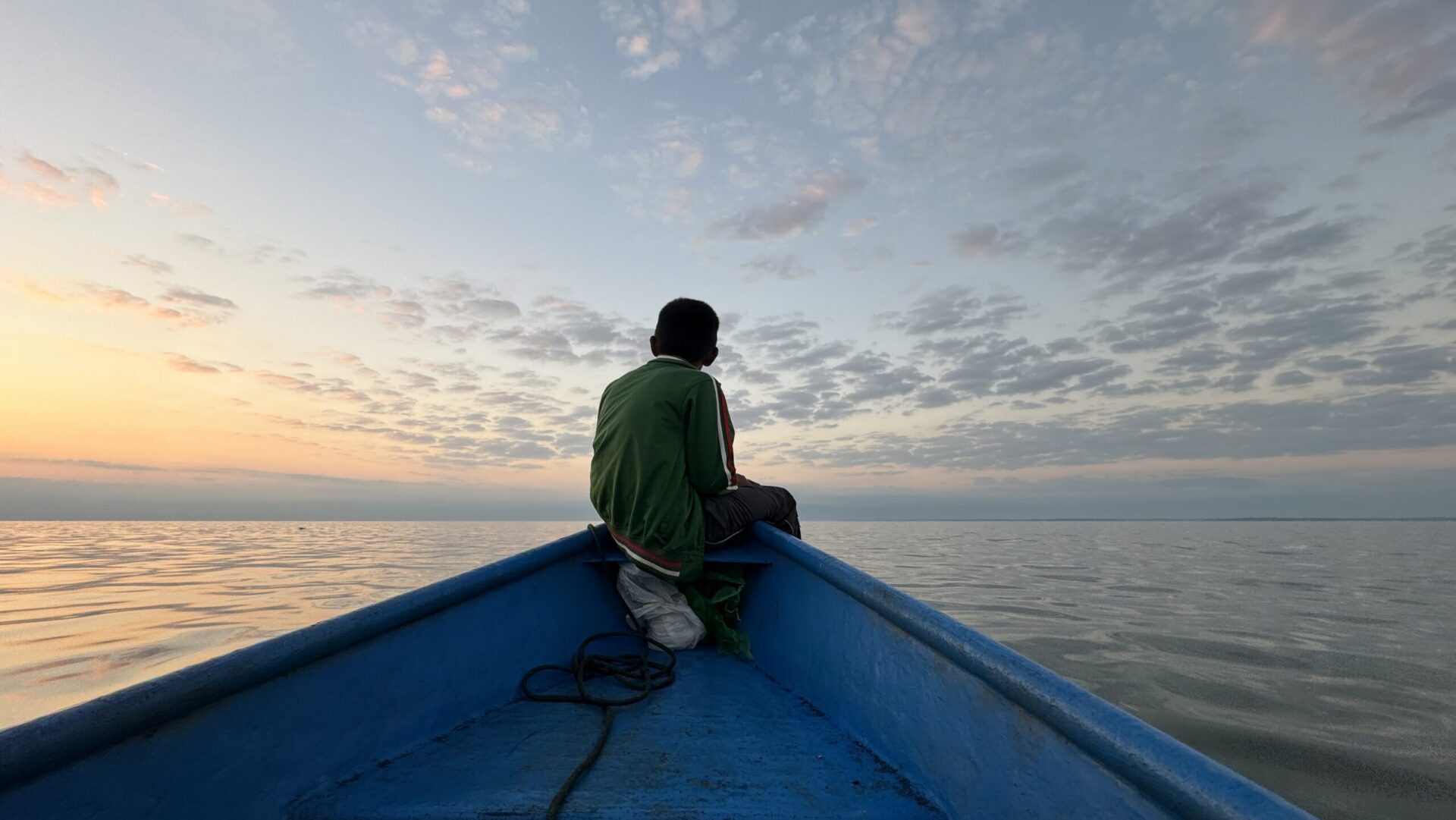Guatemala’s top court issued three separate rulings that seeming cleared the path to the presidency for former first lady Sandra Torres by allowing her candidacy to continue and eliminating her two nearest competitors. Zury Rios and Thelma Aldana were struck down as candidates in the June 16 first round elections. However the court’s rulings may actually most favor fourth place right-wing candidate Alejandro Giamattei, now in his fourth bid for president. The former National Penitentiary Director made headlines in 2009 by seeking refuge in the Honduran embassy during the de facto regime of Roberto Mitcheletti following Honduras’ 2009 military coup. Giamattei had been indicted on charges of participation in death squad activity, but was cleared in the trial.
An April 4 poll by Guatemala’s most circulated daily paper showed 20.7% of those polled intended to vote for Sandra Torres, 15.9% for Zury Rios and 9.5% for Thelma Aldana. It is expected that votes for Rios will fall to the fourth place candidate, right- wing Alejandro Giamattei, who polled at 7.4%. It is less certain where Aldana’s voters will end up. Aldana ran on an anti- corruption platform and Sandra Torres has been harshly criticized as forming part of the “pact of the corrupt.”
The ruling leaves Torres’ candidacy on shaky legal footing. On Friday, May 17, the Constitutional Court (CC) only provisionally ruled on an injunction presented to the CC by the Special Prosecutor Against Impunity (FECI) seeking removal of Torres’ immunity. The case now remains pending the CC’s final ruling, on an undefined time frame. After the CC’s final ruling, the case could be returned to the SCJ, the entity charged with initiating the removal of immunity. In February, the same day that Torres was accredited as a presidential candidate, FECI and CICIG presented a request to the Supreme Court of Justice (SCJ) to remove Torres’ immunity so she could face prosecution for illicit campaign financing. The SCJ dismissed the request without reviewing it’s merits. Candidates enjoy immunity from prosecution.
Zury Rios is the daughter of Efrain Rios Montt, who took power through a coup in 1982. This, according to Article 186 of Guatemala’s Constitution, makes it illegal for his daughter – and all family members within four degrees of relationship – to run for president. Based on Article 186, Guatemala’s Supreme Electoral Tribunal (TSE) initially rejected Rios’ candidacy. She appealed to Guatemala’s the Supreme Court (CSJ), in Guatemala subordinate to the Constitutional Court. On March 20, the CSJ found in favor of Rios, in response the TSE appealed to the Constitutional Court (CC), but while the nation awaited the highest court’s ruling, Rios was enrolled as a candidate and launched her campaign.
After the Constitutional Court ruled on Monday upholding the TSE’s initial decision to bar her candidacy, Rios flew to Washington and on Wednesday met with the head of the Organization of American States, Luis Almagro. She hand delivered a request for precautionary measures to the Inter-American Commission on Human Rights (IACHR), “On the principle that in a democracy the disqualifications are made by the people when they vote and not by genetics.”
At the same time hundreds of former civil defense patrollers marched in the streets of Guatemala City. During the internal armed conflict the army had forced mostly indigenous farmers to patrol their communities in civil defense patrol units, and in hundreds cases, to carry out massacres and other crimes against humanity. The 1978-1983 genocide, partially carried out during Efrían Rios Montt’s rule, has had a lasting impact on power relations and politics over decades in Guatemala. While Zury was in Washington appealing to the IACHR, the patrollers demanded back-pay for their forced labor and vowed to take actions to stop the elections if their demands were not met. The actions evoked memories of “Black Thursday” – July 24, 2003 – when Rios Montt supporters violently took over streets in Guatemala City to back his run a President with the Guatemalan Republican Front (FRG), which had been deemed unconstitutional.
Also on Wednesday, the Constitutional Court ruled that a warrant issued for the arrest of another front running candidate, former Attorney General Thelma Aldana, prohibited her from candidacy. She is accused of misuse of public funds relating to two contracts for consultants while she was Attorney General.
As Attorney General, Thelma Aldana gained notoriety for her support of the corruption prosecutions promoted by the United Nations sponsored International Commission Against Impunity in Guatemala (CICIG). Popular approval for corruption prosecutions she led made her a strong presidential candidate after her term as Attorney General ended. It also brought her powerful enemies in the presidential administration that tried to illegally end CICIG’s mandate when prosecutors targeted the president. An administrative review of accusations of misuse of public funds during her tenure as AG delayed her registration as a candidate. But finally on March 16 after a court reviewed and dismissed the charges, she was able to present all the paperwork necessary to become a candidate.
On March 19, the TSE finalized Aldana’s candidacy. The same day news broke that Judge Victor Cruz had issued an arrest warrant for Aldana, dated March 18. Aldana was in El Salvador at the time, and though she has not been arrested, she has also been unable to return to Guatemala to campaign. On May 8, the Office of the Special Prosecutor Against Impunity announced it was investigating Judge Cruz for receiving a hefty bribe, Presidential security guards and an armored car in exchange for issuing the warrant.

